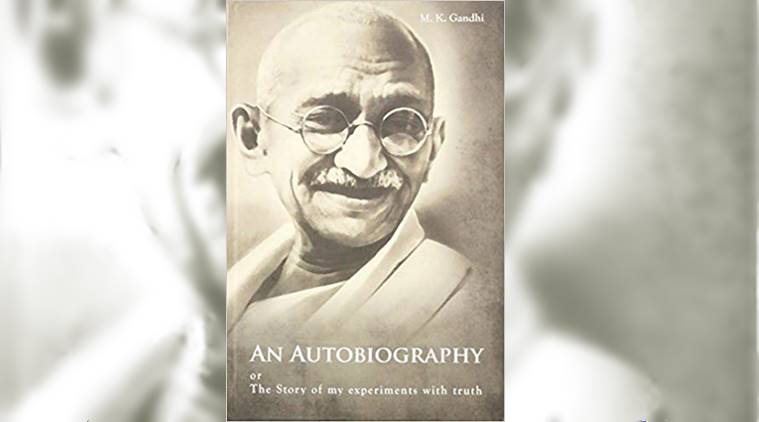Revisiting ‘My Experiments with Truth’ on Gandhi’s 149th birth anniversary
Mahatma Gandhi's autobiography, My Experiments With Truth, is available in multiple formats, nearly all Indian and dozens of foreign languages, starting at prices as low as Rs 20.

As expressive of his faults and follies as of his vigour and virtues, Mahatma Gandhi’s autobiography — read, discussed, debated, admired and critiqued widely — is the living testament of Bapu’s coming to terms with “satya”, for he never claimed to have been all truthful, as those who preach his preachings today do. His was a lived faith and his own realisation of truth(s), in its myriad forms, came during the course of penning what became the monumental The Story of My Experiments With Truth.
It is towards the end of the autobiography that the Mahatma, speaking directly to the reader, notes that he had set “a high value” on his experiments. “I do not know whether I have been able to do justice to them. I can only say that I have spared no pains to give a fruitful narrative. To describe the truth, as it has appeared to me, and in the exact manner that I have arrived at it, has been my ceaseless effort,” he wrote.
To Gandhi, the truth was not a mere slogan and to preach the virtue of truth, he first had to be truthful to himself. That he did by penning down the stories of his life “in an exact manner” as he came across them. It was not easy, as we now know that many episodes in it have become the staunchest arguments of his critics against him. But Gandhi critiqued himself in his autobiography and the very act of penning it was perhaps a tour de force in being truthful to oneself.
And so he wrote: “The exercise has given me ineffable mental peace because it has been my fond hope that it might bring faith in Truth and Ahimsa to waverers (readers)”. He then expressed that it was “not without a wrench” that he had to take leave of the reader.
Gandhi also pointed out that his experience had convinced him that there is “no other God than Truth”.
“And if every page of these chapters does not proclaim to the reader that the only means for the realisation of Truth is Ahimsa, I shall deem all my labour in writing these chapters to have been in vain,” he left a cautious note to the readers, as also warned them that even if his effort was to go in vain, the principle of penning it was not at fault. It was his experiment of coming to terms with truths of his own life and mustering the courage to make it public.
While there is no dearth of khadi-wearing politicians imitating Bapu in attire and etiquette for obvious want of admiration (read votes), claiming to be holier-than-thou and truther-than-truth, Gandhi found himself and his strivings “imperfect and inadequate”.
He wrote that the “little fleeting glimpses” that he was able to have of Truth could “hardly convey an idea of the indescribable lustre of Truth, a million times more intense than that of the sun we daily see with our eyes”. Gandhi argued that “a perfect vision of Truth can only follow a complete realisation of Ahmisa”.
But politics is a dirty game and it is not always practical to follow “satya” and “ahimsa”. Or so have we been told and made accustomed to? Even on this front, Gandhi noted that it was in the quest of truth, which cannot be attained without adhering to ahimsa, that drew him into the field of politics.
“… and I can say without the slightest hesitation, and yet in all humility, that those who say that religion has nothing to do with politics do not know what religion means”. He further added that “God can never be realised by one who is not pure of heart”.
And Gandhi knew, as he wrote, that the path of self-purification is hard and steep. “I know that I have still before me a difficult path to traverse. I must reduce myself to zero. So long as a man does not of his own free will put himself last among his fellow creatures, there is no salvation for him. Ahimsa is the farthest limit of humility,” he contended.
Contrary to Gandhi’s personal experiences, or experiments as he called them, those who miss no opportunity to use him and his legacy for political gains even while contradicting him in their actions, proclaim to have overcome all their follies, as they themselves and their psychopaths make hysteric statements of a leader’s supremacy over others, of a religion’s supremacy over others and so on and so forth.
Gandhi’s autobiography is available in multiple formats, nearly all Indian and dozens of foreign languages, starting at prices as low as Rs 20. For anybody even minutely inspired by the Mahatma, and more so for those using him as a political tool, it should be the starting point to understand the man that Mahatma Gandhi was, and the values he stood for.






















No hay comentarios:
Publicar un comentario